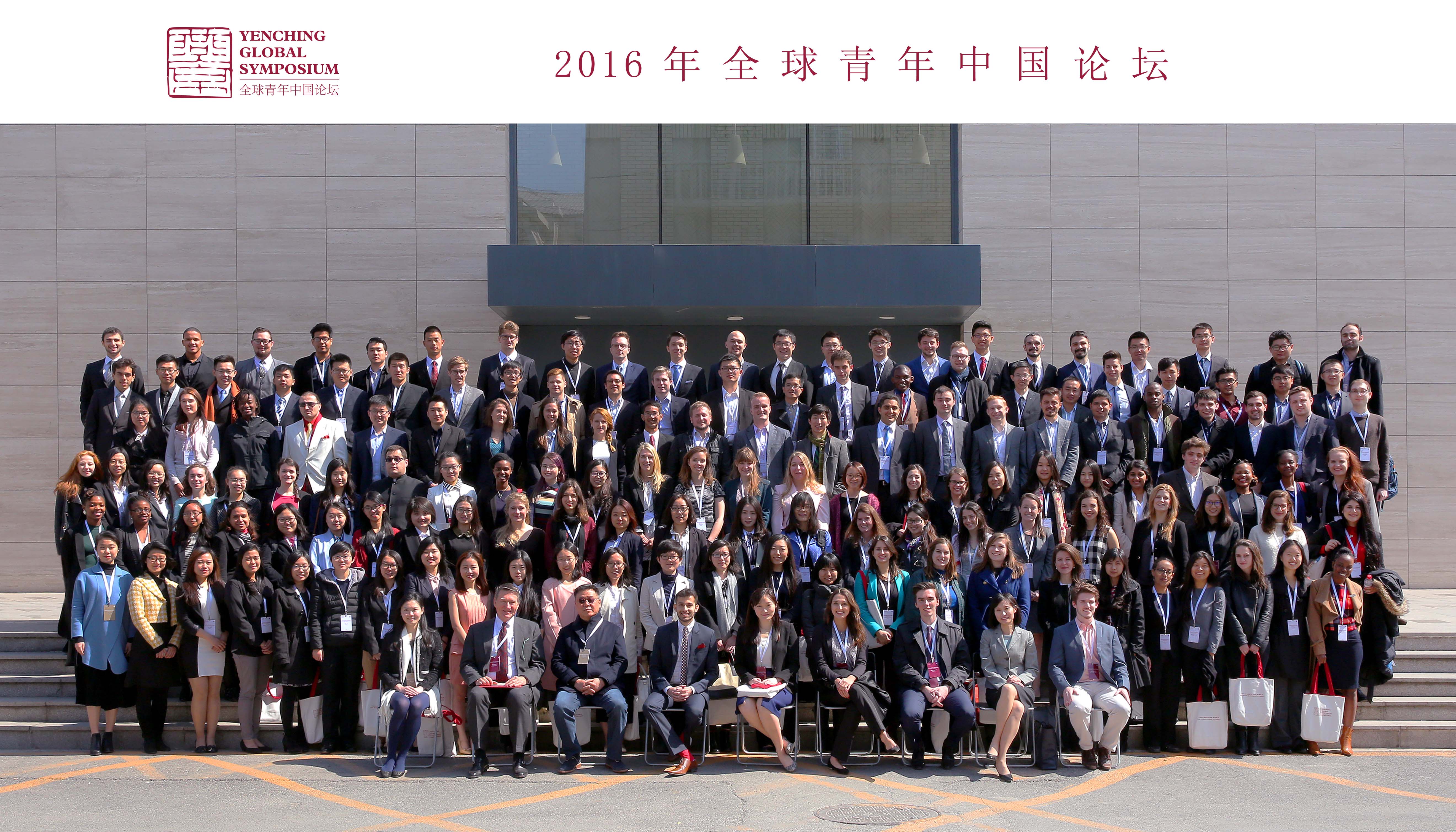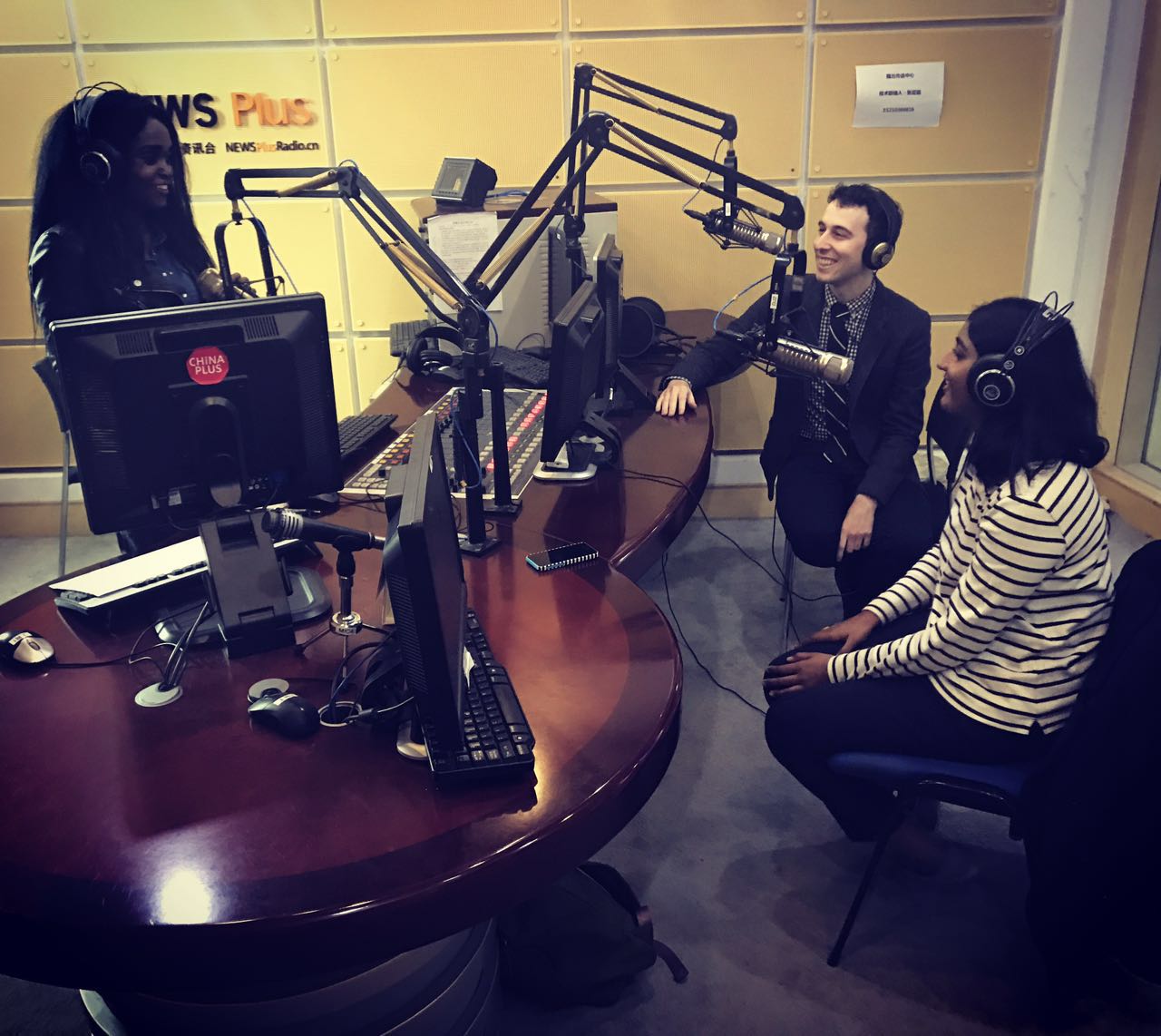Yenching Academy's role in understanding China
Studio interview. Nillah speaks with Ivel and Vaishnavi

A photo of last year's participants Credit: Yenching Academy
For over a century, Peking University has been the foremost domestic academic setting for understanding China. In 2014, the University founded the Yenching Academy, with the hope of shaping a new generation of global citizens with a nuanced understanding of China and its role in the world.
”You can’t really understand China unless you see it from multiple lenses” Says Ivel Pasada, Chairman Yenching Global Symposium.
Last year, the Academy’s flagship event, the Yenching Global Symposium (YGS), became one of the most selective conferences held in China and is quickly becoming one of the world's most competitive and highly anticipated meeting.
The symposium brings together people from different fields and across generations with a common interest: China.

Ivel Pasada and Vashanavi Patil in the studio with Nillah Nyakoa
Under this year’s theme “Xinnovation: Identity of Innovation in China", YGS’ participants are expected to be challenged to innovate upon the conventional understandings of innovation, and how that will fit into China's future.
Although for most people when the word innovation is mentioned, the first thing that comes to mind is Technology. However, organiser and associate director for programming at the symposium Vaishnavi Patil, herself a scholar at the academy says this year’s theme tackles more than just technology.
“We’re looking at innovation in journalism, art , heritage conservation, International Relations (IR) and how that’s shaping China as a country.” Says, Ms. Patil
Hosted on the Peking University campus, the four-day event (March 23-26, 2017,) will consist of multidisciplinary lectures, panel discussions, site visits, and interactive sessions on Chinese innovation.
The event features prominent Chinese and international scholars as well as leading professionals who will challenge and expand previously held conceptions about innovation in China.
The Symposium will see 75 students and young professionals participate as delegates.

